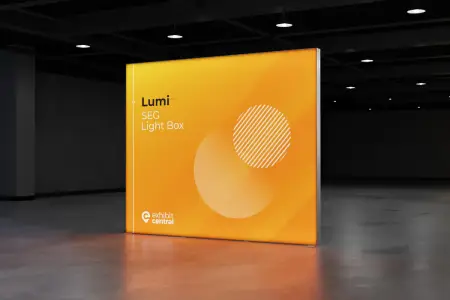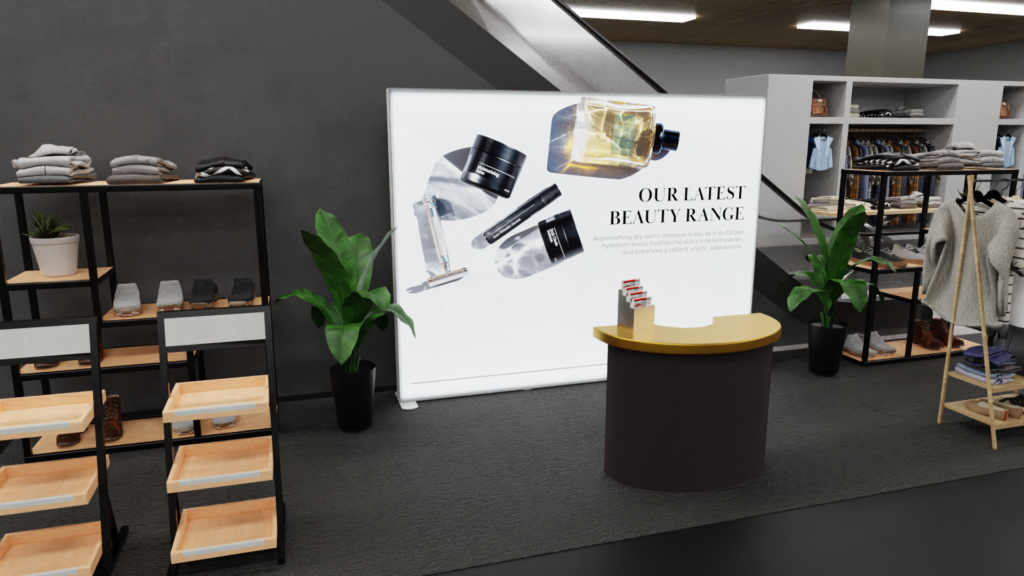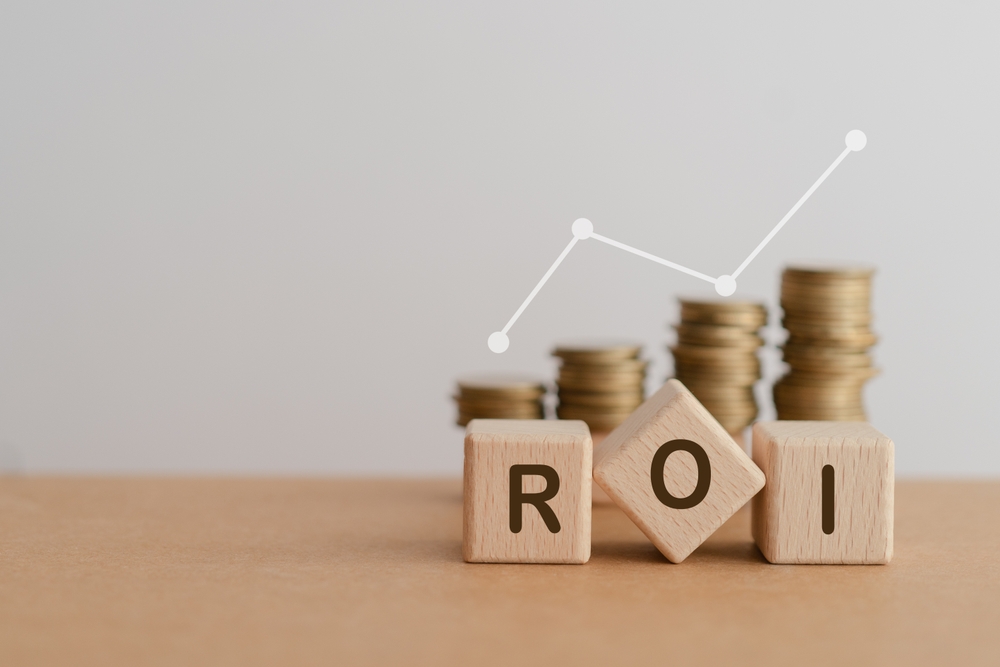5 Steps to Creating an Effective Trade Show Marketing Strategies
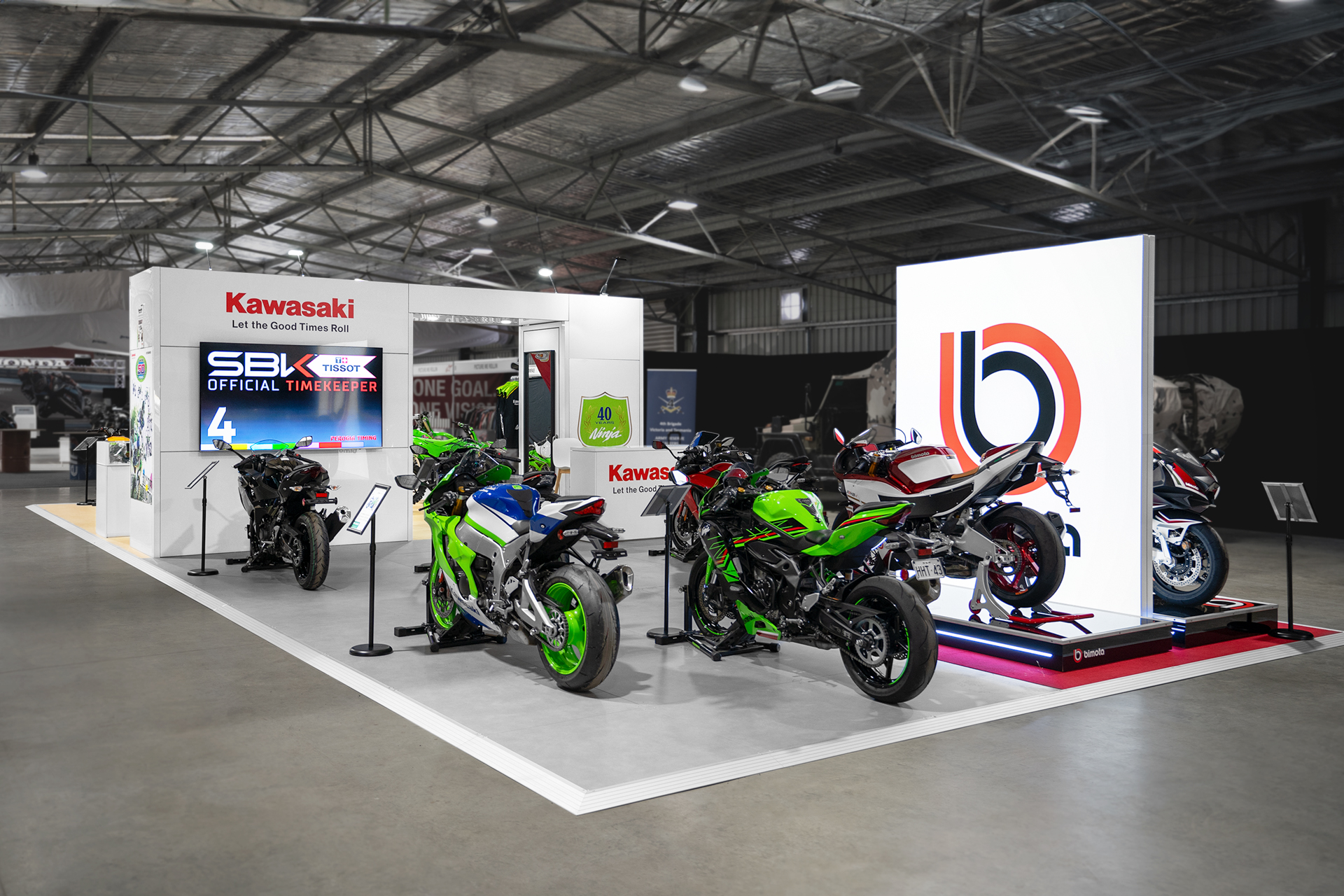
Trade shows present a unique opportunity to connect with potential and existing customers, showcase your brand, and generate leads. But how do you ensure your trade show participation translates to trade show success? This guide outlines the key steps involved in creating a winning trade show marketing strategy.
The Role of Trade Shows in Business Growth
Trade shows are powerful event marketing tools that offer several benefits for businesses:
- Generate Leads: Connect with potential customers and capture their contact information for future follow-up.
- Cost-Effective Marketing: Reach a large audience of qualified leads in a concentrated timeframe compared to traditional marketing methods.
- Setting Clear Objectives: Define your goals for the trade show, whether it’s brand awareness, lead generation, or sales.
Benefits of Trade Show Marketing for Businesses
Trade shows offer a unique and powerful environment to connect with various audiences and achieve significant marketing goals. Here are some key benefits that businesses can reap from participating in trade shows:
- Boost in Sales: Trade shows can lead to immediate sales and establish a sales pipeline for future conversions. Attendees are often actively looking for solutions and may be ready to buy on the spot. Even if immediate sales aren’t made, qualified leads can be generated and nurtured into paying customers later.
- Brand Awareness: Trade shows provide an excellent platform to increase brand recognition and visibility among your target audience. By showcasing your brand, products, and services to a large number of potential customers, you can build brand awareness and establish yourself as a leader in your industry.
- You Can Collect Feedback in Real Time: Gain valuable insights from potential and existing customers about your products or services. Trade shows offer a unique opportunity to engage directly with customers, gather feedback, and understand their needs and preferences. This real-time feedback can be invaluable for product development, marketing strategies, and overall business improvement.
- Build Relationships: Trade shows allow you to connect with potential customers, existing clients, industry partners, and even media representatives. By fostering these relationships, you can build trust, loyalty, and brand advocacy, leading to long-term business success.
- Generate Leads: Trade shows are excellent platforms for generating leads. By offering informative presentations, product demonstrations, and engaging with attendees, you can capture valuable contact information and nurture them into qualified leads for your sales team.
Identify the Best Trade Shows
Identifying the most impactful trade shows for your business is crucial for successful trade show participation. To ensure a worthwhile investment, consider these key factors:
- Target audience: Does the show attract your ideal customer profile? Aligning with an event that draws your specific target demographic significantly increases the chances of reaching qualified leads and potential customers.
- Industry relevance: Does the show align with your industry and product offerings? Participating in an industry-specific trade show allows you to connect with a highly relevant audience already interested in solutions your company provides.
- Show marketing: Does the show offer robust marketing tools and resources to help exhibitors reach attendees? Opt for shows that offer strong marketing support, such as pre-show attendee lists, social media promotion, and dedicated exhibitor resources, to maximise your visibility and reach within the event.

Create a Trade Show Marketing Strategy
Developing a strong trade show marketing strategy is essential for maximising the return on investment for your participation. The first step is to clearly define your goals and objectives for the event. Are you aiming to generate a high volume of leads, increase brand awareness within a specific market segment, or launch a new product? Aligning your goals with your overall marketing strategy will guide your subsequent actions at the show.
Next, it’s crucial to allocate a realistic budget that covers all aspects of your trade show presence. This includes the cost of booth design and rental, staffing for the duration of the event, and marketing materials like brochures, giveaways, and digital presentations. By carefully planning your budget and prioritising your goals, you can ensure your resources are effectively utilised to achieve your desired outcomes at the trade show.
Pre-Show Marketing Tactics
Ignite excitement for your trade show participation well in advance with a strategic pre-show campaign marketing ideas. Leverage the power of social media platforms to:
- Announce your participation: Create posts that generate pre-show buzz, highlighting your attendance at the event.
- Offer incentives: Encourage engagement and booth visits by offering exclusive promotions or giveaways available only to those who visit your booth.
Additionally, don’t underestimate the value of existing customer relationships. Utilise email marketing to:
- Inform them: Let your existing customer base know about your trade show presence and encourage them to stop by your booth to connect and learn more about new offerings.
- Create a sense of exclusivity: Consider offering existing customer appreciation events or exclusive product demonstrations at the booth to further incentivise their visit.
By implementing these pre-show marketing tactics, you can effectively build anticipation, generate leads, and ensure a successful turnout at your tradeshow stands.
Designing Eye-Catching Booths
Creating a visually appealing and functional trade show booth displays is crucial for attracting and engaging attendees on the trade show floor. Invest in a well-designed booth that reflects your brand identity and utilises clear, concise messaging to grab attention. The planning process is equally important. Strategically lay out your booth space to facilitate interaction with attendees. This includes designated areas for product demonstrations, informational displays, and comfortable spaces for conversation. Remember, your booth is your brand ambassador at the trade show, so ensure it effectively reflects your company’s image and value proposition.
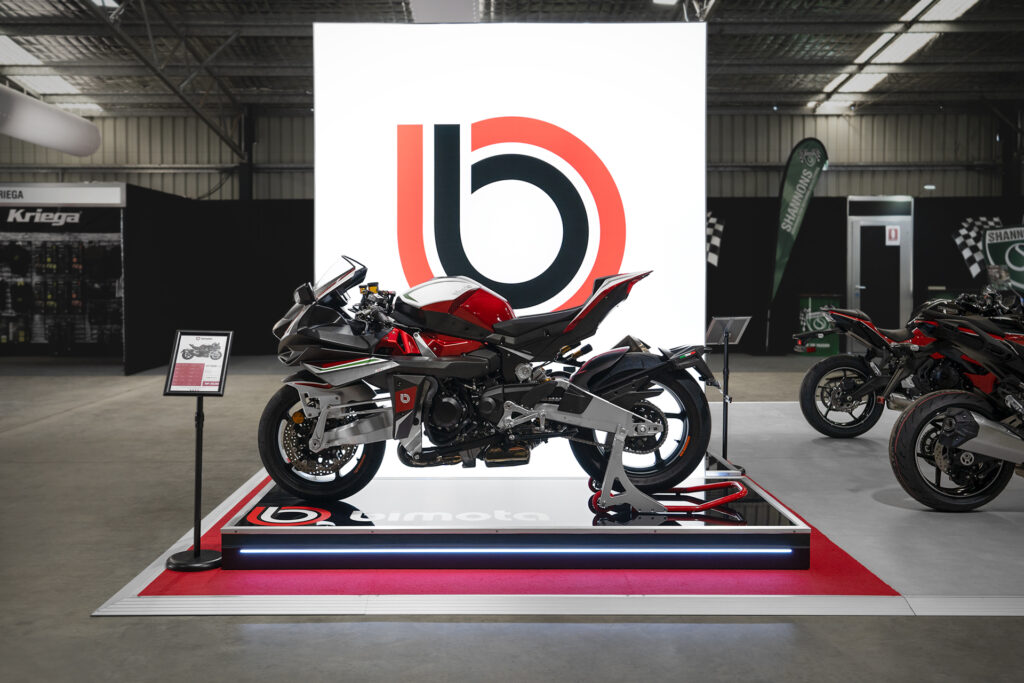
Trade Show Giveaways
Promotional giveaways are a powerful tool to attract attendees to your booth and generate leads. Offer branded merchandise like pens, bags, or T-shirts to leave a lasting impression and subtly promote your brand. Consider offering product samples relevant to your target audience, allowing them to experience your offerings firsthand.
Furthermore, ensure you have a system in place to capture valuable leads from interested attendees. Utilising a lead capture app on a tablet or mobile device allows for efficient collection of contact information, streamlining the process and maximising lead generation opportunities. By implementing these strategies, you can effectively draw visitors to your booth, pique their interest, and capture valuable leads for future follow-up and potential conversions.
Follow Up with Your Visitors
Measuring the return on investment (ROI) of your trade show participation is crucial to assess its effectiveness and inform future strategies. Track key metrics such as the number of leads generated, sales made at the event, and post-show engagement through website visits or contact form submissions. This data will help you determine whether your goals were met and identify areas for improvement.
Following up with leads promptly after the show is essential to convert initial interest into lasting relationships. Express your gratitude for their visit and provide additional information about your products or services. Consider offering exclusive promotions or discounts to incentivise further engagement and nurture potential customer relationships. By diligently following up and capitalising on the momentum generated at the trade show, you can ensure your investment translates into tangible results and long-term business growth.
Checklist: Characteristics of a ‘hot’ lead
Noting “hot leads” from the crowd is crucial for maximising your trade show success. These potential customers exhibit distinct characteristics:
- Strong interest: They actively engage with your booth, demonstrating enthusiasm for your product or service.
- Detailed inquiries: They ask insightful questions, expressing specific needs and challenges they seek to address.
- Open communication: They readily provide complete contact information, signifying their willingness to be contacted for further discussion and potential conversion.
By identifying these “hot leads,” you can prioritise your time and resources, focusing on the individuals most likely to convert into paying customers.
Common Trade Show Planning Mistakes to Avoid
To ensure a successful trade show experience, avoid these common pitfalls:
Unsure about your ‘why’: Begin by clearly outlining your goals and objectives. Do you aim for brand awareness, lead generation, or immediate sales? Having a defined purpose guides your participation and helps measure success.
Pre-show silence: Don’t wait until the last minute. Utilise social media and email marketing to generate pre-show buzz, announce your presence, and incentivise booth visits.
Cutting corners on presentation: Invest in a professional booth design that reflects your brand and grabs attention. Optimise your layout to facilitate interaction and showcase your offerings effectively.
Unenthusiastic ambassadors: Train your booth staff to be knowledgeable, engaging, and enthusiastic about your company and products. Their interactions significantly impact visitor experience and lead generation.
Letting leads go cold: Don’t let the connection end after the show. Promptly follow up with leads, express gratitude, provide additional information, and nurture potential customer relationships.
By following these steps and avoiding common pitfalls, you can develop a successful trade show marketing strategy that generates leads, increases brand awareness, and contributes to your overall business growth.
Share
Author
Latest posts
Retail Signage: The Silent Salesperson Boosting Your Business
Retail signage is the unsung hero of the retail world. It’s the silent salesperson that greets customers, informs them about …
Display Counters for Retail Stores: Attract Customers and Boost Sales
Display retail counters are the workhorses of retail stores, playing a crucial role in showcasing products, facilitating sales, and enhancing …
Expo Marketing: A Comprehensive Guide to Maximise Your ROI
Expo marketing, also known as trade show marketing or exhibition marketing, is a powerful strategy for businesses to connect with …
Design Your Dream Exhibition: A Step-by-Step Guide to Exhibition Space Design Plans
Imagine your ideal exhibition experience. Visitors flock to your space, eyes wide with curiosity. They’re not just passively browsing; they’re …

